Earth Stewardship for All – Christians and Others
Anyone, Christian or not, has good reason to respect the earth. Consider science. A significant aspect of science studies links between humans and the rest of nature. For example, it has demonstrated that we share DNA with other species, and that we depend on food-chains reaching all the way down to micro-organisms. From this scientific perspective, respecting nature is really respecting our own human legacy and material wellbeing.
Consider, also, visual art. Most people, of any faith or no faith at all, are moved by the beauty, the moods, the subtleties, of the natural world. The overpowering mountain vistas of nineteenth- century painters, such as those displayed in Reynolda House, still seem compelling to viewers today.
But far more subtle and intimate scenes of nature are equally moving. The magazine of the National Parks Conservation Association recently highlighted the work of Chiura Obata, a Japanese American painter, whose mid-twentieth-century water colors of national park scenes speak to our souls in quiet ways.
Clearly, all humans share strong and varied responses to the natural order—whether in its grandeur or intimacy. The preservation of nature’s beauty—majestic and delicate— in a way helps to preserve the depth of our own inner life.
Both the sciences and arts provide strong reasons for anyone, including Christians, to care deeply about the natural order. As Christians, we have additional reasons.
As people shaped by the holy scripture, we share with the Jewish faithful the opening chapters of Genesis. God proclaims the created order to be good, and humanity to be caretaker of that order. The liturgies of the Moravian church frequently elaborate this theme, as already noted in the December 2013 article in this series. It is significant that liturgical references to nature are not isolated in one or two liturgies devoted to creation or stewardship, but appear in many places.
Our liturgy Reconciliation echoes the psalmist to remind us that God fills heaven and earth, and that even “the planets, stars, and the galaxies are placed by [God’s] hand.” God, whose caring presence is universal, calls his people to “watchful and responsible care over” his created world. That this statement occurs in a liturgy for reconciliation implies that perhaps we humans threaten to alienate ourselves from God’s natural order and need to work at reconciliation.
Not unexpectedly, our general liturgy Creation speaks of nature, but in ways that only faith can appreciate. For example, it echoes the psalm in which the sun and moon, and all the shining stars, praise the name of their Lord. The ears of faith hear even the inanimate creation praising the Creator. This same liturgy reminds us of our spiritual connection to nature as we give thanks “for the seasons of the spirit, for joy and sorrow, for pleasure and pain.” The metaphor suggests that even our souls align with the recurring patterns of nature.
Our liturgies reflect a long-held sensitivity of Moravians. The Shorter Church Litany, which is based on the 1571 Litany of the Unitas Fratrum, prays, “Have mercy on your whole creation.”
—Submitted by Donald Frey for the Earth Stewards Team
